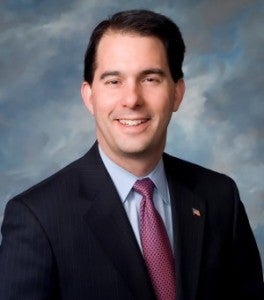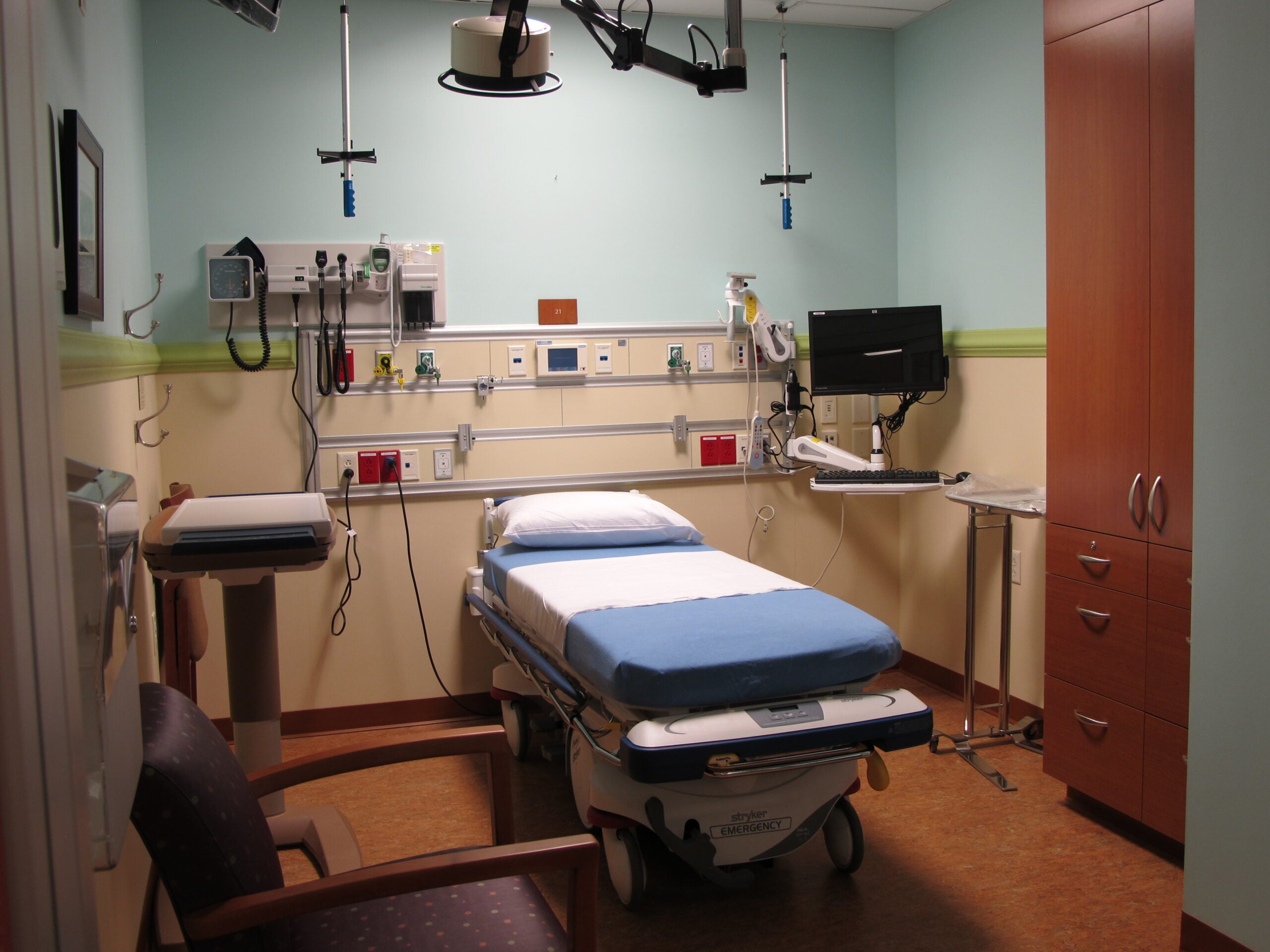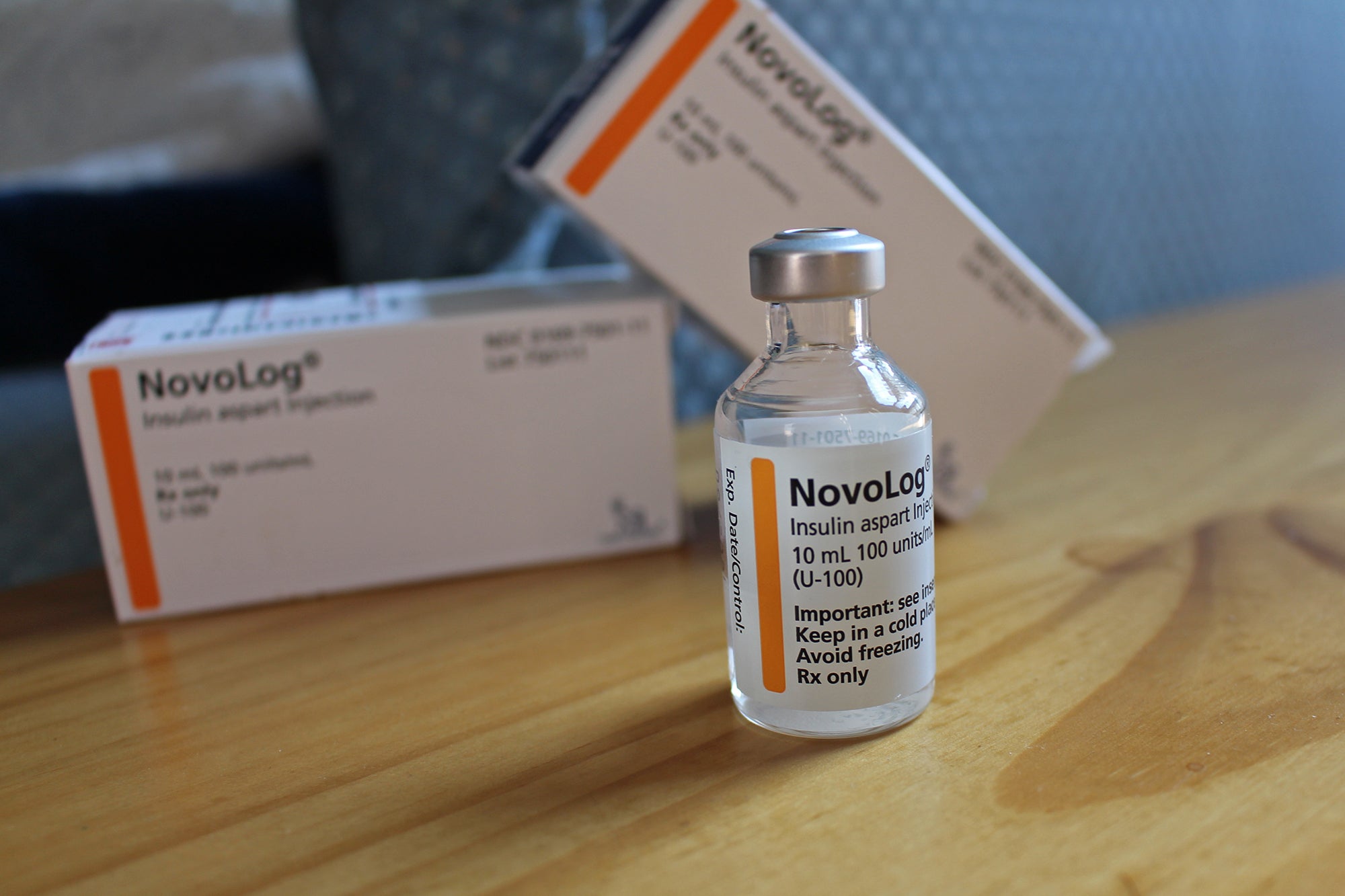As lawmakers consider Governor Scott Walker’s Medicaid changes, they will not only consider what the changes will mean for tax payers, but also whether the alternative – subsidized private insurance – is affordable for the poor.
Governor Walker wants to tighten eligibility for BadgerCare, which would leave an estimated 87,000 people who want insurance with no choice but to turn to private coverage, paid partly with federal subsidies. Outgoing Health Services Department Secretary Dennis Smith says someone earning 100 percent of the poverty level would pay 2 percent of their income for premiums on the federal exchange.
“It translates into $19 a month or about 65 cents a day. In our experience of where we’ve been applying premiums [for BadgerCare] we believe overwhelmingly people will find that as to be a good value.”
Stay informed on the latest news
Sign up for WPR’s email newsletter.
But advocates for the poor are concerned that some may not be able to afford private insurance. They argue that premiums are just part of the cost of health coverage offered online in the new federal marketplace that begins in 2014. Jon Peacock is with the Wisconsin Council on Children and Families:
“The significant co-pays and deductibles that low-income families are going to have is a huge barrier for people living paycheck to paycheck, struggling to pay their rent, their light bill and everything else.”
Governor Walker rejected expanding Medicaid under the Affordable Care Act (ACA). An analysis by the nonpartisan Legislative Fiscal Bureau found Medicaid expansion would cost the state, but far less than Walker’s plan. In the ACA plan, the federal government pays 100 percent of expanded Medicaid costs for the first three years, and the state picks up 10 percent after that.
Wisconsin Public Radio, © Copyright 2024, Board of Regents of the University of Wisconsin System and Wisconsin Educational Communications Board.







